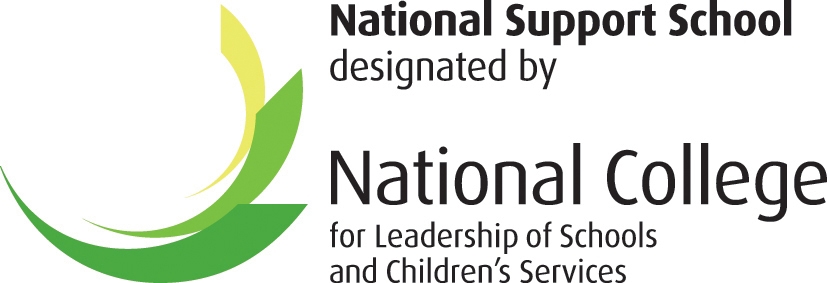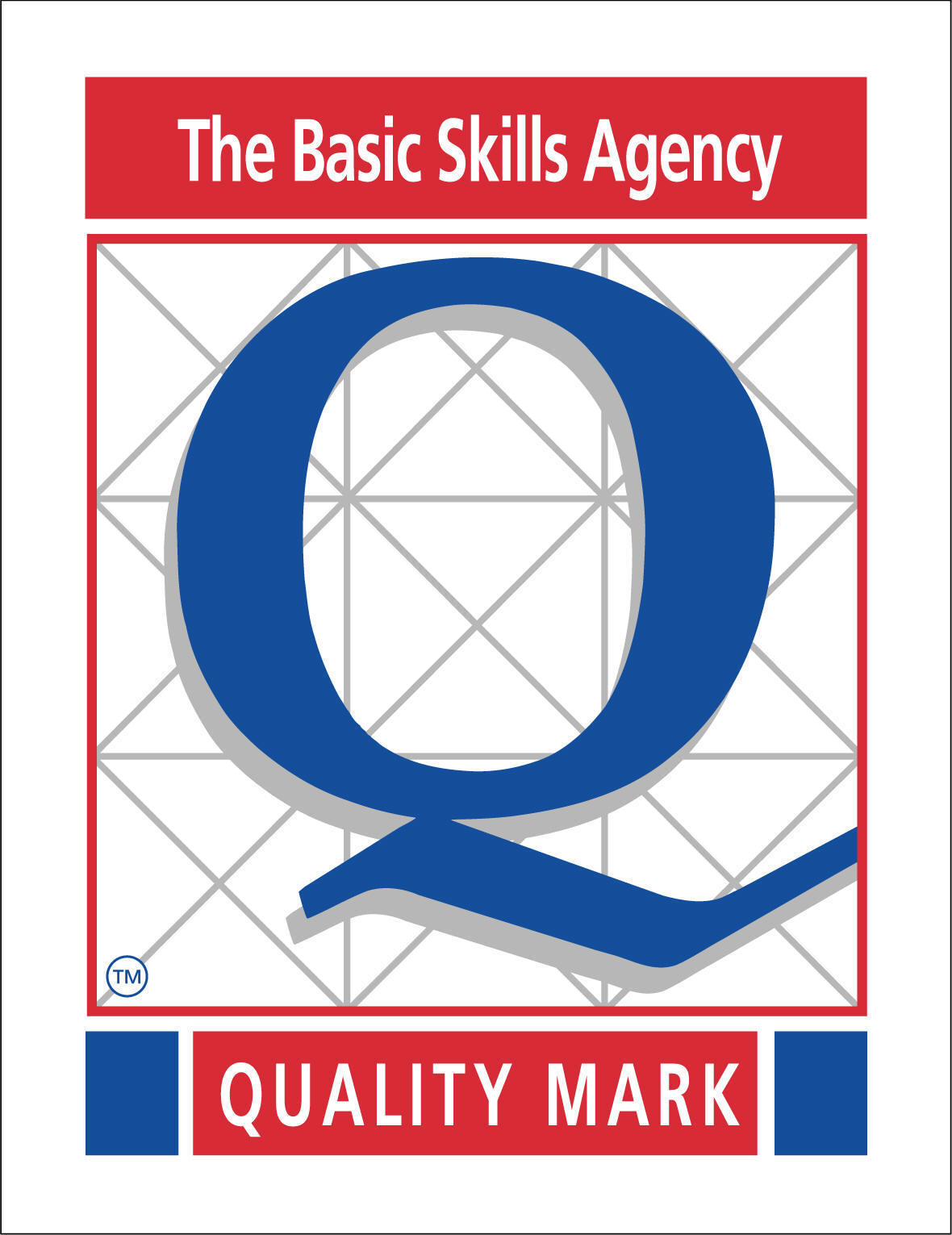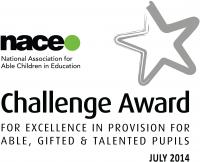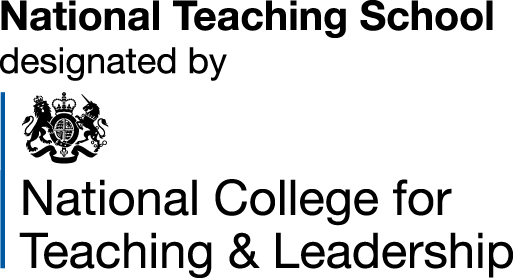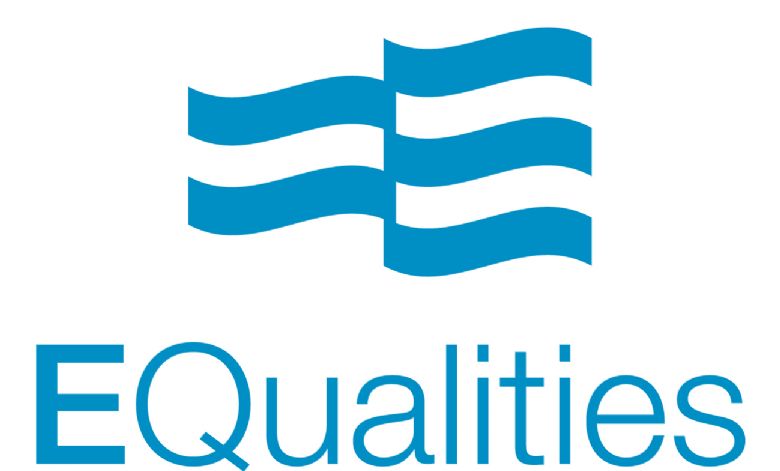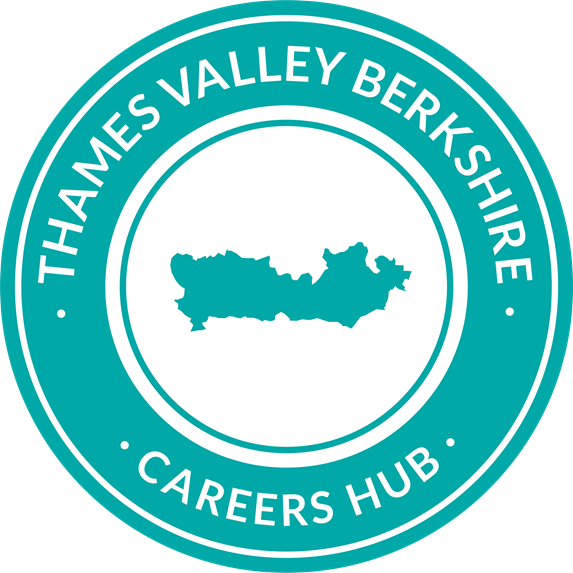Computing
Welcome to the Computing Department. Our team of specialist teachers deliver Computer Science at GCSE and A level, as well an iMedia course at KS4.
Facilities
The Computing Department uses six of the eight computer rooms within the school. All computer rooms come with printers, interactive whiteboards and access to further printing using the “follow me” set up.
KS5
Computer Science is a popular A Level at Maiden Erlegh School with strong A2 results. We average at 22 students per class with many students going on to study Computer Science at degree level or degree apprenticeships.
We study the AQA exam board and our coding language is C#, using Visual Studio Community Edition as our IDE. We use MySQL Community Edition for our database programming.
KS4
Computer Science has been offered at Maiden Erlegh School as an Option for the last eight years. The first year group to complete the GCSE gained results of 100% A* - C and this trend of strong results has continued. We average at 22 students per class, with year groups usually having three classes. The exam board we follow is the AQA and our chosen coding language is Python 3, we use Repl.it or Geany as our IDE.
The alternative provision to Computer Science as an Option is OCR Creative iMedia. By choosing this option, students will be taking a Level 2 Cambridge National course (similar to a BTEC) from OCR. This qualification will assess two applications of creative and digital media skills through coursework and one external written exam. This course will provide students with the core skills for researching, planning and creating products and assets for each pieces of controlled assessment and encourages creativity and originality with a vocational focus. Ideally, students who choose this course must have good computer skills and good time management, as they will have a specific time frame to complete each controlled assessment set by the exam board and this must be completed at school. Literacy and numeracy skills will be a very important part of the controlled assessment as these will impact on the students’ final grade as they will need to be able to demonstrate good writing skills and the ability to produce extended written work. Students have two lessons a week with one or two classes available per academic year.
KS3
At KS3, Year 7 and 8 have one lesson per week. The topics that we study in Year 7 are Cyber Security, Computational Thinking, Small Basic and a Website Project. In Year 8 students study Computer Systems, Networks, Python programming and Graphics.
Assessment
KS3
All students complete one assessment at the end of a unit of work/complete a project to demonstrate their skills in a topic. These pieces will have a DIRT activity linked to improving their work. Homework is set once every half term and is primarily focused around the iDEA Project https://idea.org.uk .
KS4
Homework is set weekly. Computer Science homework is a mix of theory and practical programming work. Students are also encouraged to compete independent learning in Python. We encourage students to read around the topic studied, and suggest YouTube videos or news articles to support.
Students will have a theory assessment at the end of each unit. They will have a programming assessment every 3-4 weeks.
Google Classroom is our primary vehicle for distributing homework and assessment tasks.
In Creative iMedia, homework is set weekly where students will be completing written and practical work. In between, students will be assigned to do research on the web and read around the topic being covered. Students will sit for an assessment in Year 9 and a pre-public written examination (PPE) in Year 10 and/or 11. All students will be entered for a terminal external written examination in June of Year 11. The remaining assessment will be coursework based where students complete two controlled assessments moderated by the exam board, one of which will be completed in year 10. Students who successfully complete all units will be awarded either a Level 1 or Level 2 qualification overall. Grades awarded are Pass, Merit, Distinction or Distinction *.
KS5
Computer Science
All students are expected to complete end of unit assessments, programming assessments and additional reading around the curriculum. Students study six unit of theory work, with additional DIRT activities linked to improving their work. In additional, students will be set additional exam style questions from past papers for homework. Homework will be set weekly by the classroom teacher.
Support
At key times throughout the year; Creative iMedia and Computer Science support sessions are run every week after school, but students can speak to their teachers to arrange an agreed suitable time if they need extra support outside these times.
Coding Club - at this club sixth formers volunteer their help to support students in all aspects of the course but primarily with programming.
Extracurricular Opportunities
Computing Club - Leading to competitions
Mrs S Blight – Co-Heads of Department

